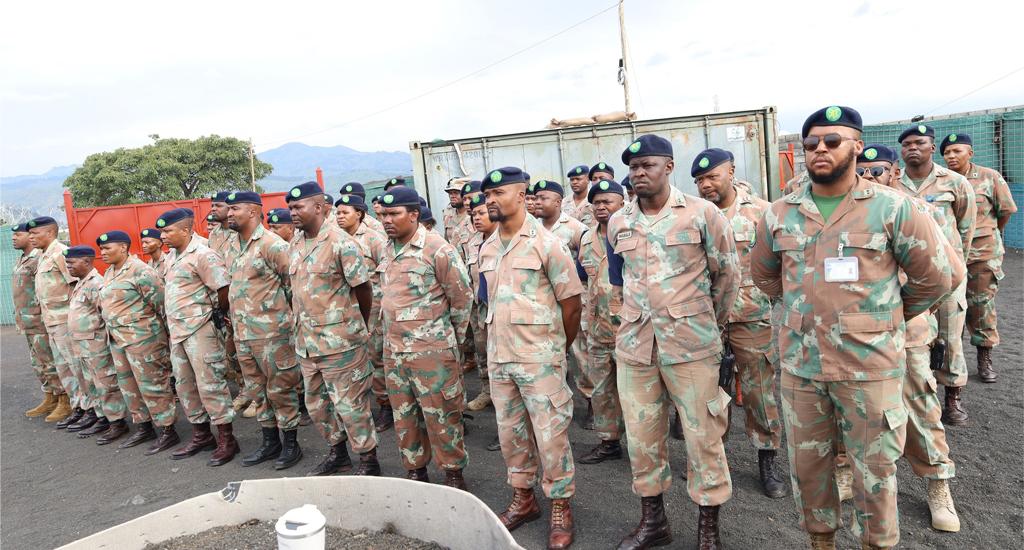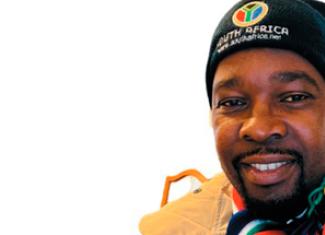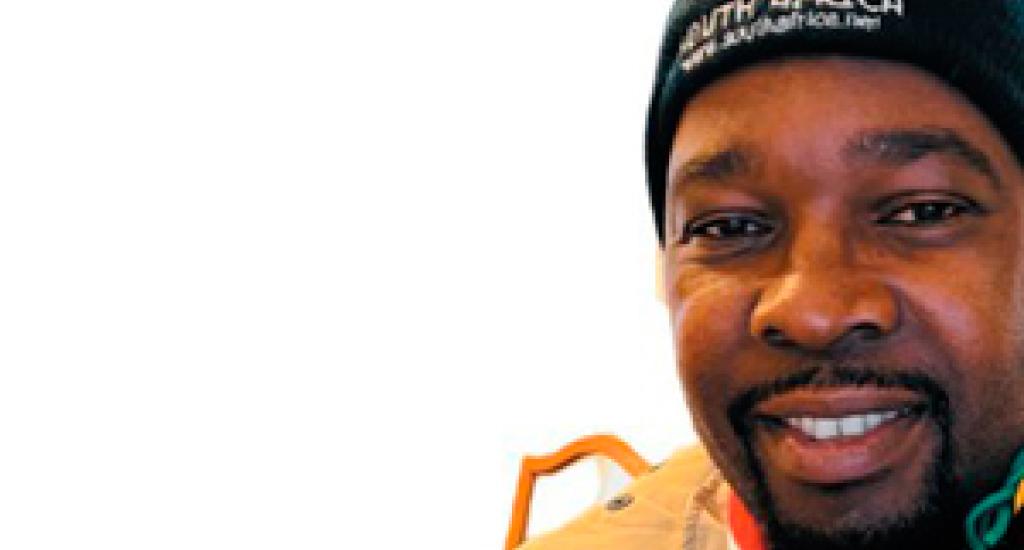President Ramaphosa has asserted, heightened and reinvigorated South Africa's foreign policy toward Africa

Since the dawn of democracy, successive presidents, from Mandela to date, have used the State of the Nation Address (SoNA) as a crucial platform to outline their administrations’ priorities and report on the progress made.
This is instrumental in shaping our nation's future trajectory. It illuminates key developments shaping our national priorities, which, by extension, inform foreign policy implementation and underscoring the opportunities and obstacles ahead.
At this moment, we ought to be candid and acknowledge as a nation the challenges we faced when President Cyril Ramaphosa delivered the inaugural SoNA under the banner of the Government of National Unity (GNU) on 6 February 2025.
As President Ramaphosa presented the SoNA, further afield, it was United States President Donald Trump's tweets about the country's genocidal misconceptual narratives, which later found expression in his signed Presidential Order that has profound implications not only for South Africa but the African continent because our prospects and challenges are linked to those of the continent.
On the other hand, the SoNA came at a time of great sorrow, following the killing of South African Defence Force members involved in the Southern African Development Com- munity (SADC) Mission in the Democratic Republic of Congo (SAMIDRC) Peacekeeping Mission in Goma, DRC. These challenges created a tense atmosphere, as they were widely discussed in social, electronic and print media, as well as through other traditional forms of communication.
Lack of understanding
As they unfolded, it was clear that South Africa's foreign policy was under public scrutiny, revealing various opinions indicating a general lack of understanding of its foundations. The manifested ignorance in this context overlooked the commitments made in the 1955 Freedom Charter, which envisioned a South Africa dedicated to maintaining world peace and promoting friendship among nations. This principle is further enshrined in the Constitution of the Republic of South Africa, 1996, reflected and emphasised in the 2011 White Paper on Foreign Policy, titled Building a Better World: The Diplomacy of Ubuntu.
With all these and other pressing matters confronting South African citizens daily, expectations were that the President should rise and counsel the nation. Out of frustration, calls were gaining momentum that he should withdraw the SANDF members from the peacekeeping mission in the DRC. Such calls exposed a lot, as their advocates even asked what the SANDF is doing in the DRC, while others argued that they are in the DRC for the personal political interest of South African leadership.
Understanding the foreign policy
These assertions cast worrying aspersions about the public's limitations regarding engaging policies that inform government decision-making; hence, such misplaced reasons advanced at difficult times. The impression was created that the DRC problems are not ours, ignoring that they significantly impact South Africa since we are part of the continent, and our developmental aspirations are intertwined with those of the DRC and the continent in general.
Reading from the advanced narratives, it was clear that there is a need to empower citizens with knowledge through public awareness of our country's foreign policy orientation to ensure that they engage in a better-informed public discussion.
Worth noting, the protracted conflicts in the Goma region have prompted intervention from various multilateral and regional organisations, including the United Nations, the African Union, and the SADC through peacekeeping efforts, which South Africa is part of guided by its values and foreign policy principles. This shared responsibility underscores the unity among these countries, instilling a sense of solidarity in the face of adversity.
Peacekeeping missions
Interestingly, it was thought-provoking to observe how President Ramaphosa, during the SoNA, accentuated, re-asserted, amplified, and reinvigorated the basis of South Africa's foreign policy, which its thrust focus is Africa.
In so doing, the President under- lined the importance of South Africa's presence in the DRC as part of SAMIDRC, consistent with the country's foreign policy objectives.
The President's determination undoubtedly enlightened us to revisit the 1998 White Paper on South African Participation in International Peace Missions, a strategic framework articulating the nation's vital engagement in global peacekeeping initiatives. This comprehensive document outlines South Africa's approach to peacekeeping, including its principles, strategies, and various stakeholders' roles and responsibilities, thus underlining our involvement in the DRC.
Worth noting is that following the transition to democracy in 1994, South Africa encountered heightened expectations – both within its borders and from the international community – to assume a significant and responsible role on the world stage, which included exporting its peace transition experiences globally.
Regional stability
Equally, the country's foreign policy aligns with a steadfast commitment to promoting peace and stability and reflects an eagerness to participate actively in international diplomacy to ensure that South Africa's perspectives and contributions are recognised and valued in the global dialogue on peace and security.
In so doing, South Africa is presented with a valuable opportunity to take on a leadership role in international peace missions and to play a key role in the search for a lasting and comprehensive political solution to the conflict in the DRC. This active role has been part of South Africa's endeavours since the country became a democracy.
Now that President Ramaphosa has underlined that Africa remains the country's foreign policy priority, the SANDF's engagement in the SADC Peace- keeping Mission highlights the South Africa's proactive commitment to regional stability and peace. This principle has been integral since the establishment of democracy and clearly indicates that South Africa has not neglected its leadership responsibilities in Africa as enshrined in the preamble of the democratic dispensation in 1994.
*Singo is a Counsellor: Political and Economic Affairs at the South African Embassy in Switzerland, writing in a personal capacity.




